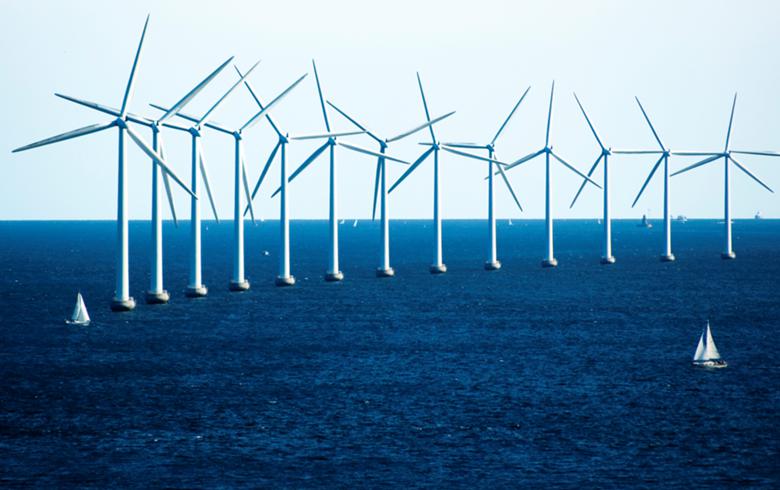
OpeOluwani Akintayo
09 April 2018, Sweetcrude, Lagos — The Nigerian Electricity Regulatory Commission, NERC, has said it hopes to bring an end to estimated billing by 2020.
In a report by the commission titled ‘Consultation Paper for a Regulation to End Estimated Billing’, NERC said it notes the critical role of metering in minimising customer apathy and in particular, ensuring the long-term financial sustainability of the Nigerian Electricity Supply Industry, NESI.
“The Commission is therefore committed to rapidly bringing to an end the widespread practice of estimated billing for electricity consumption by ensuring the full metering of all electricity customers in Nigeria”.
In this context, NERC said it had appraised the impact of the current challenges affecting the rollout of meters in the industry, as well as other viable options in practice in other jurisdictions and hereby, proposed some initiatives as a means of fast-tracking the metering of all electricity customers in NESI by 2020.
According to the proposed initiatives tagged the Meter Service Provider, MSP Model, distribution licensees are allowed to concentrate more on their core areas of competence, i.e. network investments with a potential of growing the industry and serving many more customers and improvement in the quality of service, this falls under the Structure A.
That is, the Discos’ function will include just metering service including financing, supply, installation, and maintenance of end-user consumer meters, the report said.
The Structure B is an alternative framework under which the customer is the lessee of the MSP with monthly lease fee payable through the vending platform for energy.
Under this business model, the customer has the option of either paying for the meter in full or vide a fixed monthly lease fee vide the vending platform of the distribution licensees.
“The MSP shall finance, supply, install, maintain and replace meters over the 10/15-year lease period”. “The MSP shall also be required to sign a Services Level Agreement (SLA) with the distribution licensee under which quality of service and other standards would be stipulated”.
Under this model, a customer that pays for the meter in full has no liability to pay any monthly lease fee but the cost of meter maintenance (ensuring that defective meters are replaced and policing the unacceptably high incidence of meter bypassing) may be embedded in the electricity tariff.
“It is expected that development finance institutions may key into the initiative for the purpose of improving the bankability of the MSP and/or financing of low-income customers”, according to the report.



